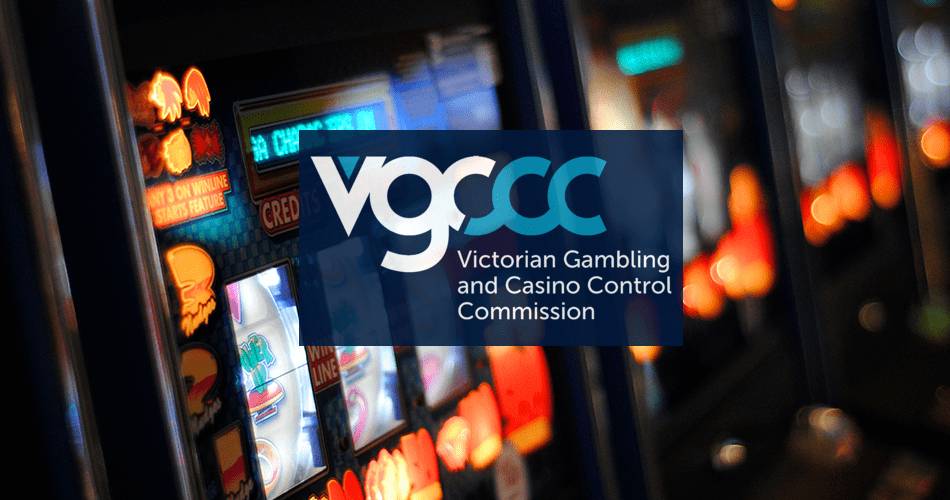
Penalties imposed on Crown Melbourne for violations of self-exclusion
Crown Melbourne is embroiled in another controversy following significant fines imposed by the Victorian Gambling and Casino Control Commission (VGCCC). The casino was sanctioned for permitting 242 individuals, who had chosen self-exclusion, to continue gambling within its facilities. This breach took place between October 2023 and May 2024, prompting the VGCCC to intervene.
The penalty is far from trivial. Crown Melbourne faces a fine of AUD .5 million for this regulatory infraction. The self-exclusion initiative is a vital element of responsible gaming practices, empowering those with gambling issues to proactively ban themselves from engaging in gambling. By allowing these self-excluded individuals access to gamble, Crown Melbourne did not fulfil its responsibilities under the existing responsible gambling legislation.
“Crown is obligated to prevent violations of self-exclusion, not solely because it’s mandated by law, but due to the need to protect vulnerable individuals from harm,” stated a VGCCC representative.
This type of violation is viewed as particularly severe by regulators, as self-exclusion is often the last option for those striving to regain control over their gambling behavior. The VGCCC has asserted that any breach of self-exclusion agreements jeopardizes the integrity of the regulatory system.
While many may claim that this fine acts as a wake-up call for Crown Melbourne, concerns linger regarding how such failures could occur within a rigorously regulated setting. The casino is now under heightened examination as the VGCCC delves deeper into its operations and overall adherence to responsible gambling standards.
Stay tuned for developments. Should Crown’s response fall short of the regulator’s expectations, the penalties could escalate in the upcoming months.
VGCCC’s enforcement efforts and future repercussions
The Victorian Gambling and Casino Control Commission (VGCCC) has not only imposed fines but has also stressed that this is merely the start of its crackdown on non-compliance with responsible gambling regulations. Moving ahead, the VGCCC has indicated it will be amplifying oversight and enforcement actions, particularly related to breaches of self-exclusion. Their message is clear: casinos and gambling operators will encounter serious repercussions if they neglect their responsibilities to foster responsible gambling practices.
“This goes beyond just fines. It’s about ensuring that operators like Crown Melbourne deliver on their commitments to protect at-risk players,” asserted a VGCCC spokesperson.
The VGCCC’s enforcement measures signal a broader move towards a zero-tolerance policy for violations, especially regarding self-exclusion schemes. The commission has suggested the potential for more rigorous audits, unannounced inspections, and even the revocation of gaming licenses for repeat offenders. This could be catastrophic for casinos like Crown, which depend significantly on their operational licenses to sustain revenue. Heightened regulatory scrutiny implies that Crown and other operators will need to invest heavily in compliance mechanisms and staff training to avert further violations.
In addition to financial penalties, the VGCCC is also looking into technological advancements, mandating casinos to employ more sophisticated identification and access control systems. As per the commission, the implementation of facial recognition technology and other AI-driven tools may soon be compulsory to guarantee that self-excluded individuals are accurately identified and denied entry.
“We expect operators to leverage the most effective technologies and practices to thwart any attempts to circumvent the system,” cautioned the VGCCC. “Failure to comply will not only lead to fines but could also result in license suspensions.”
For gamblers, this indicates that the casino operation landscape in Victoria is poised to undergo significant transformations in the months ahead. Stricter oversight and improved security protocols may influence the overall gaming experience, particularly for those used to easy access to casino floors. Additionally, the repercussions of Crown’s infraction could prompt other Australian gambling establishments to tighten their protocols well beyond basic compliance to avoid facing similar penalties.
For seasoned gamblers and frequent bettors, staying informed about these regulatory changes is vital, as they may impact access and betting limitations. Enhanced compliance could also result in modifications to promotions, bonuses, and loyalty programs, as operators may redirect resources toward regulatory adherence rather than player benefits.



